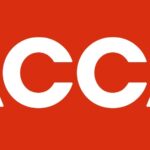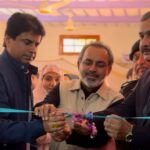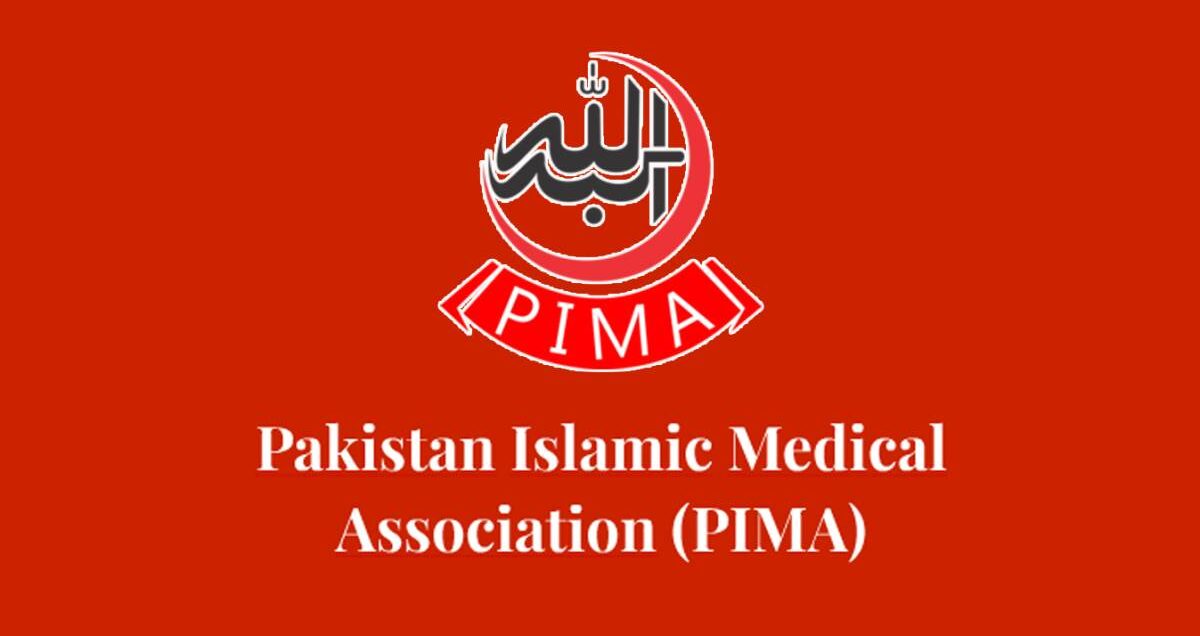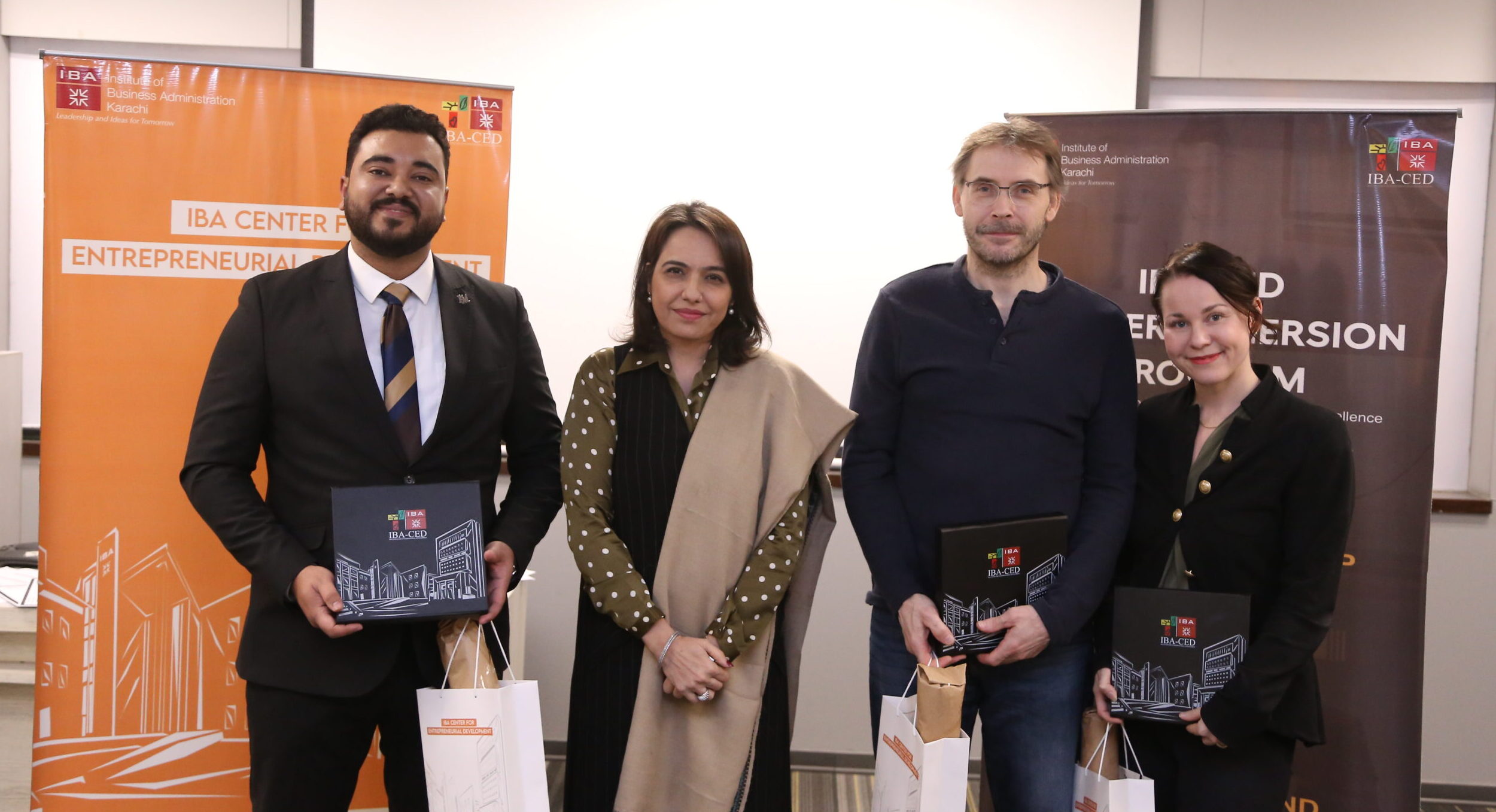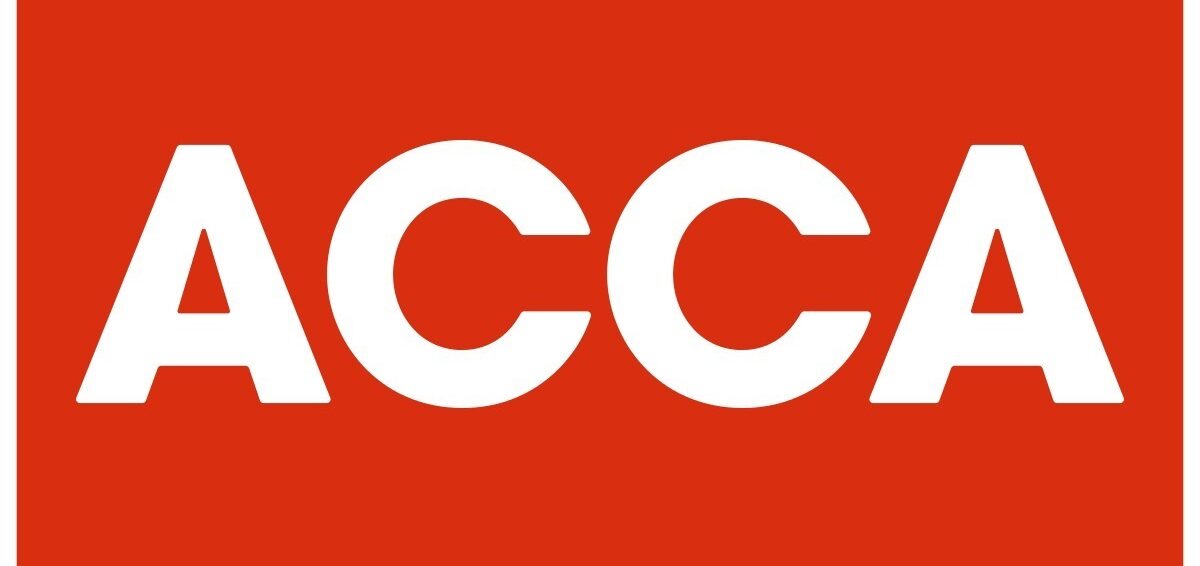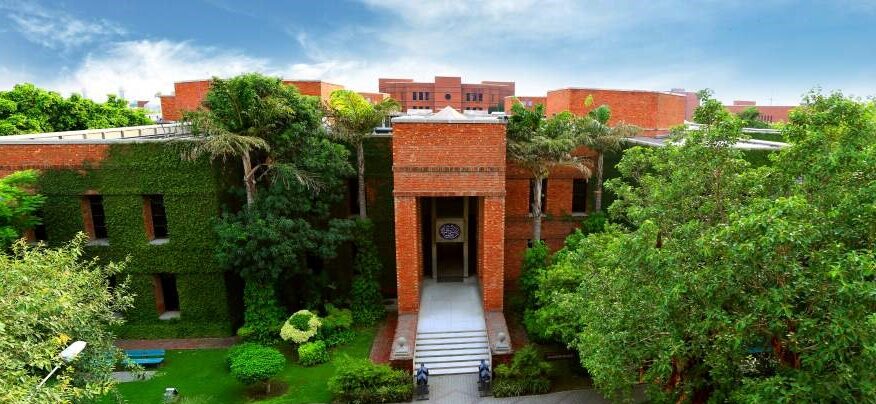Karachi, March 11, 2019: The local auto industry has been promoting ‘Make in Pakistan’ for last 30 years, providing a huge boost to local engineering sector through technology transfer and in the process creating thousands of jobs opportunities for local Pakistani youth.
This was stated by Chief Executive Officer Indus Motor Company (IMC) Ali Asghar Jamali while speaking at 5th Pakistan Automotive Industry Workshop.
Talking about the impact of ADP 2016-2021, he said that policy achieved one if its objectives of bringing in new players in auto industry.
IMC welcomes competition as it will give more choice to consumers who will eventually decide which brand offers best value for their money. IMC intend to compete with new entrants though Toyota’s QDR promise which is Quality, Durability and Reliability. We strongly believe that high localization levels achieved by us is our biggest competitive advantage against all new entrants.
“However to support the local engineering base which is the true employment generator the government should also consider incentives for auto part makers to make them more competitive to produce parts for new entrants as well,” said the CEO
He said that new entrant can imports CKD at 10% while local part makers import components at 10% and sub-assemblies at 20% – which makes them uncompetitive. Local auto part makers will further have to compete with high economies of scale of global OEMs as well. Therefore Gov must remove this tariff anomaly by reducing components duty to 5% and sub-assemblies duty to15% to 10% – which will reduce cost of locally produced parts and will enable part makers to produce parts for new entrants as well.
“IMC has always encouraged local engineering base and has arranged 35 Technical Assistance and Technology Transfer Agreements between local vendors and foreign counterparts for various technologies and parts and has localized more than 170 parts since 2004 and procuring local parts worth over Rs 200 million every working day, which shows our commitment to the localization,” He said.
He added that with every model change in Corolla, IMC has successfully localized more and more, despite significant advancements in parts sophistication, and resultantly achieve reduced dollarized cost of Corolla. For example, he added, the first Corolla costed more in USD terms with lower level of localization as compare to today’s Corolla which is 64% localized and costs is significantly lower in USD terms, whereas there are numerous advancements comparatively such as dual air bags, Power Steering, ABS Brakes, Immobilizer, etc. The existing Corolla is NCAP 4 star compliant vehicle.
He said that IMC increased its capacity by 20% and has invested around $ 126 million, without any incentives, for model introduction and improvement in production. Increase in production from 54,800 to 66,000 vehicles (with overtime 80,000 vehicles) has been witnessed after the capacity enhancement in Financial Year 2018.
The CEO said that the government has taken good steps to support auto industry such as lifting ban on non-filers, yet he added, the auto industry is facing many challenges which hampering industry from achieving its potential including the newly imposed 10% Federal Excise Duty that has been imposed on 1700 cc and above vehicles which includes our Grande and Fortuner, whose sales will suffer.
The contribution of the auto industry to GDP currently stands at over 2 percent, while the industry has direct employment of 300,000 and indirect employment of 2.5 million people.
“The goals of the auto industry for 2021 include annual car production of more than 415,000 units, with contribution to GDP increasing up to 3 percent, and generate employment of 4 million people in auto and allied industries,” said MunirBana, CEO, Loads Ltd.
“With investment coming from China, Saudia Arabia, United States, United Arab Emirates and bailout package from IMF, Pakistan auto market is likely to get a boost and cross 500,000 units mark before expected, provided the Government continues to ensure consistent and long term policies. However, recent decision of imposing 10% FED creates uncertainty in the minds of investors as it disturbs their feasibility and affect planning volumes” he added.
“Incentives for local auto part makers coupled with consistency in policies can help the auto manufacturers and vendor to significantly enhance their contribution to the national economy and employment creation,” said Munir.
Talking on the issue of malpractice in parts imports, AamirAllawala, CEO, Tecno Auto Glass Ltd., said that it is creating issues for the industry as the government is losing Rs. 19 billion worth of duty and taxes annually on account of low valuation by Pakistan Customs for auto parts imports.
“Discrepancy in Custom Valuation Ruling 661 has become an opportunity for duty/tax evasion to unscrupulous importers that puts local auto industry at disadvantage,” he added.
For example, he added, commercial importers evade sizable taxes due to Customs Ruling 661 (formally 329) by under valuation of parts, especially high technology parts, whose assessed value is far less than OEM imports as well as local manufacturing cost.
Moreover, he added, import of old and used auto parts is not allowed under Import Policy as defined by SRO 345(I)/2016, Paragraph 5(A)(VIII) Appendix-C Serial No. 11, however, concession is being given through Custom notification to allow clearance of old and used auto parts through payment of 20% penalty,” said Aamir.
“We urge the government to look into these discrepancies which are not only hurting the local auto industry but also the government due to less collection of duties and taxes,” he added.
Nabeel Hashmi, CEO, Thermosole Ltd., highlighted that OEMs and vendors are continuously striving for technological advancement to further improve the quality of the vehicle produced in Pakistan.
“There are numerous vendors who have automated entire manufacturing processes while some have started using robots for high precision,” he added.





















































































































































































































































































